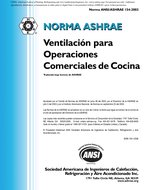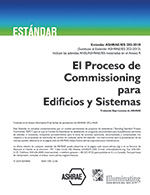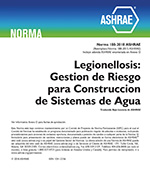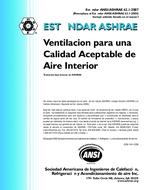Description
Click here to purchase
While indoor air quality has always been a primary goal for HVAC system designs, the emergence of the SARS-CoV-2 virus, which causes COVID-19, and the resulting pandemic has made it a top priority in order to safely occupy our hospitals, offices, and academic institutions. There have been many discussions on mitigation strategies to reduce virus transmission, including mechanical upgrades and some unconventional technologies. Codes and standards are expected to evolve to incorporate many of these strategies, while also maintaining aggressive energy use reduction targets. The existing building commissioning process is a useful tool to identify opportunities for improving indoor air quality and potential energy conservation measures as well as confirm new equipment and technologies are installed and performing as intended when implemented. The following paper will present the process and results of a campus wide effort conducted at a large community college in New York State. Following the recommendations of the ASHRAE Epidemic Task Force, an engineering study analyzed ventilation and occupancy based on Center for Disease Controls (CDC) and ASHRAE 62.1 minimum ventilation guidelines for each building. While considering the recommendations for improving ventilation rates, the campus effort further established the energy use baseline, analyzed the impact of HVAC upgrades, and identified improvements in performance of existing equipment through ASHRAE Level II energy audits and retro-commissioning. This presentation will allow attendees to understand how an owner or facility manager can use commissioning to move on from the pandemic and build back better in the post-COVID era.
Product Details
- Published:
- 2023
- Number of Pages:
- 9
- Units of Measure:
- Dual
- File Size:
- 1 file , 3.6 MB
- Product Code(s):
- D-AT-23-C082
- Note:
- This product is unavailable in Russia, Belarus




